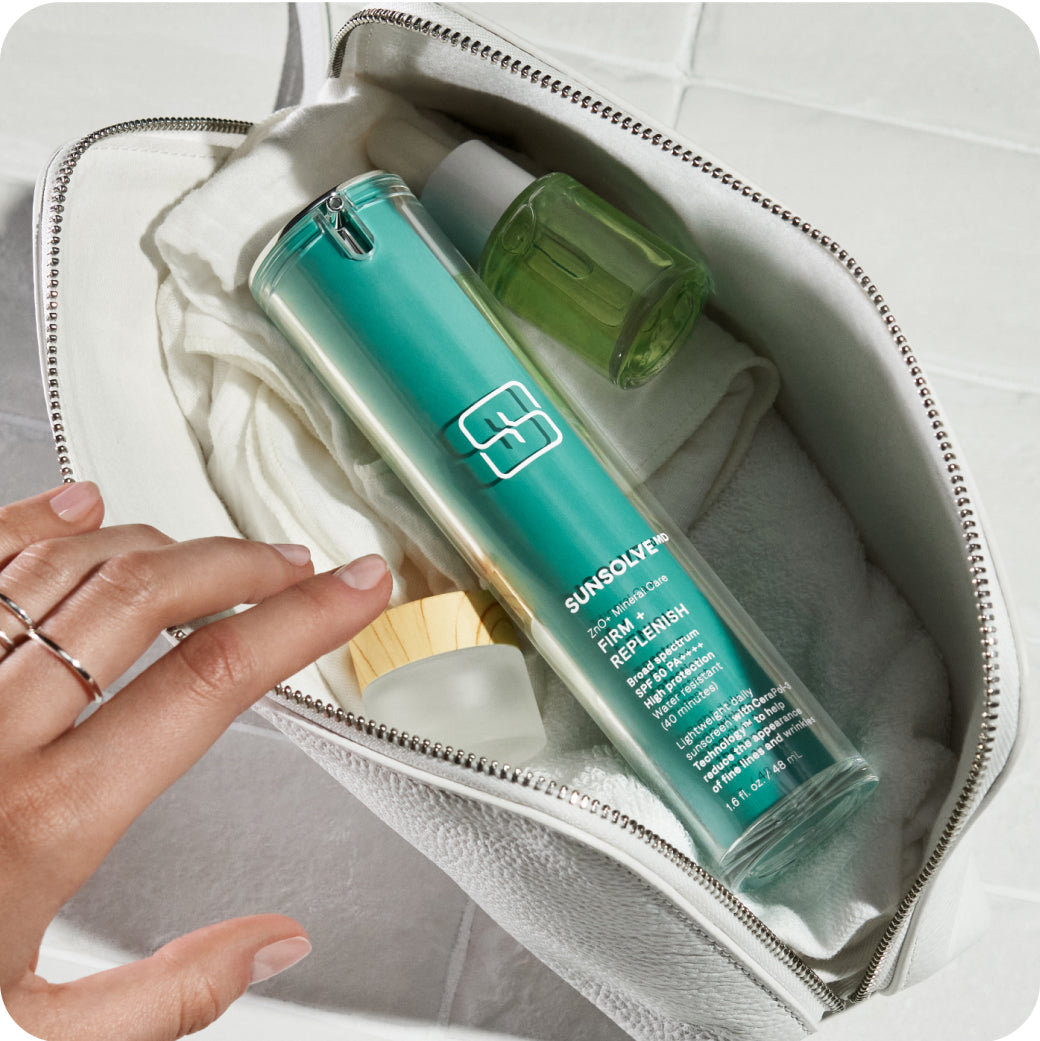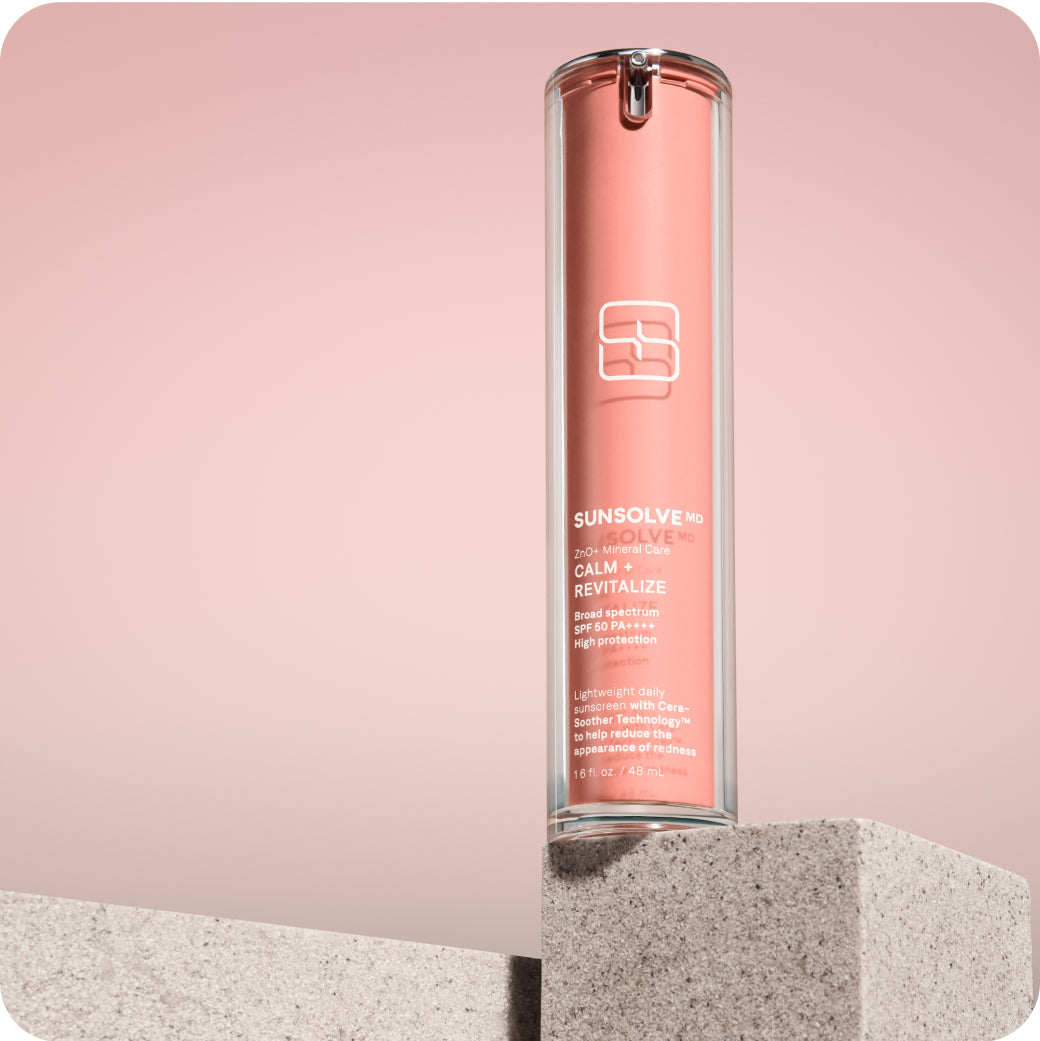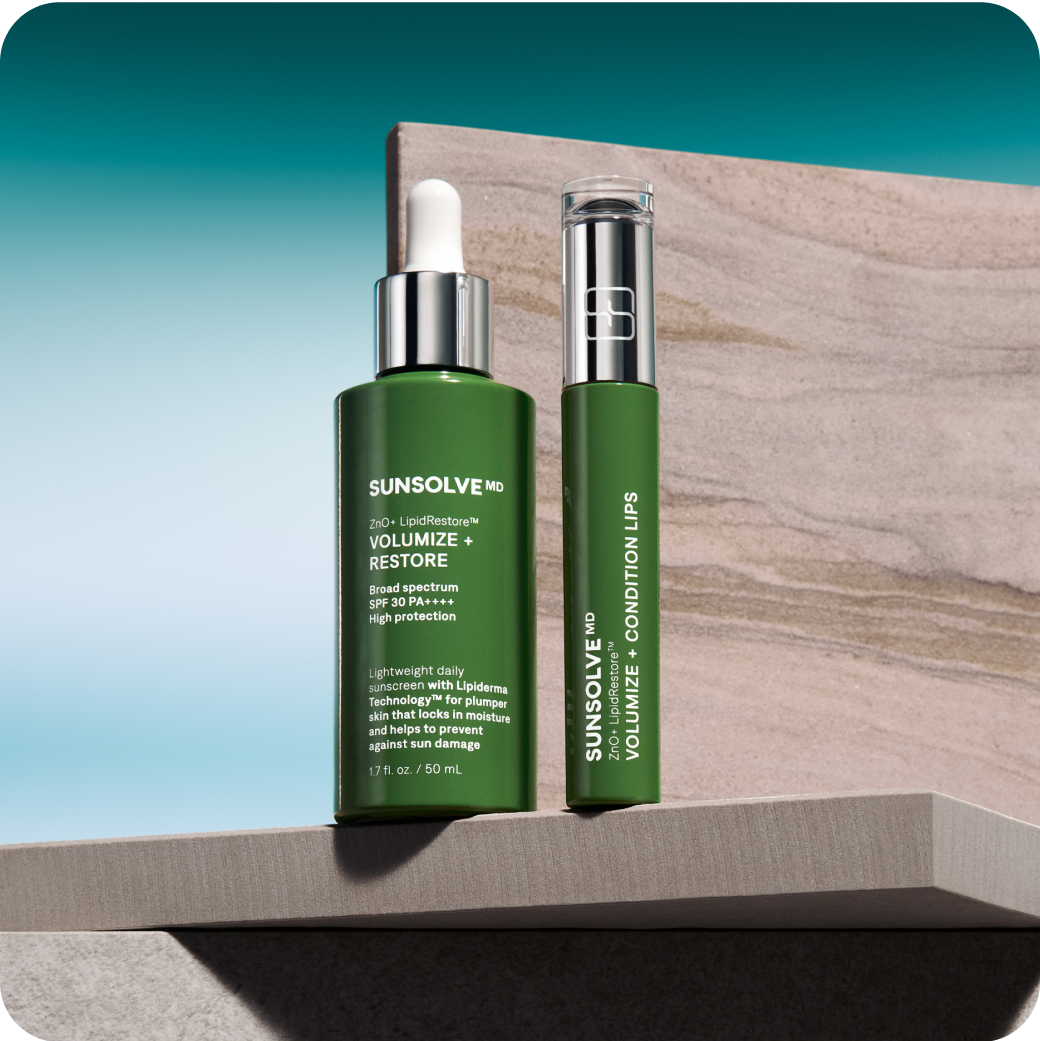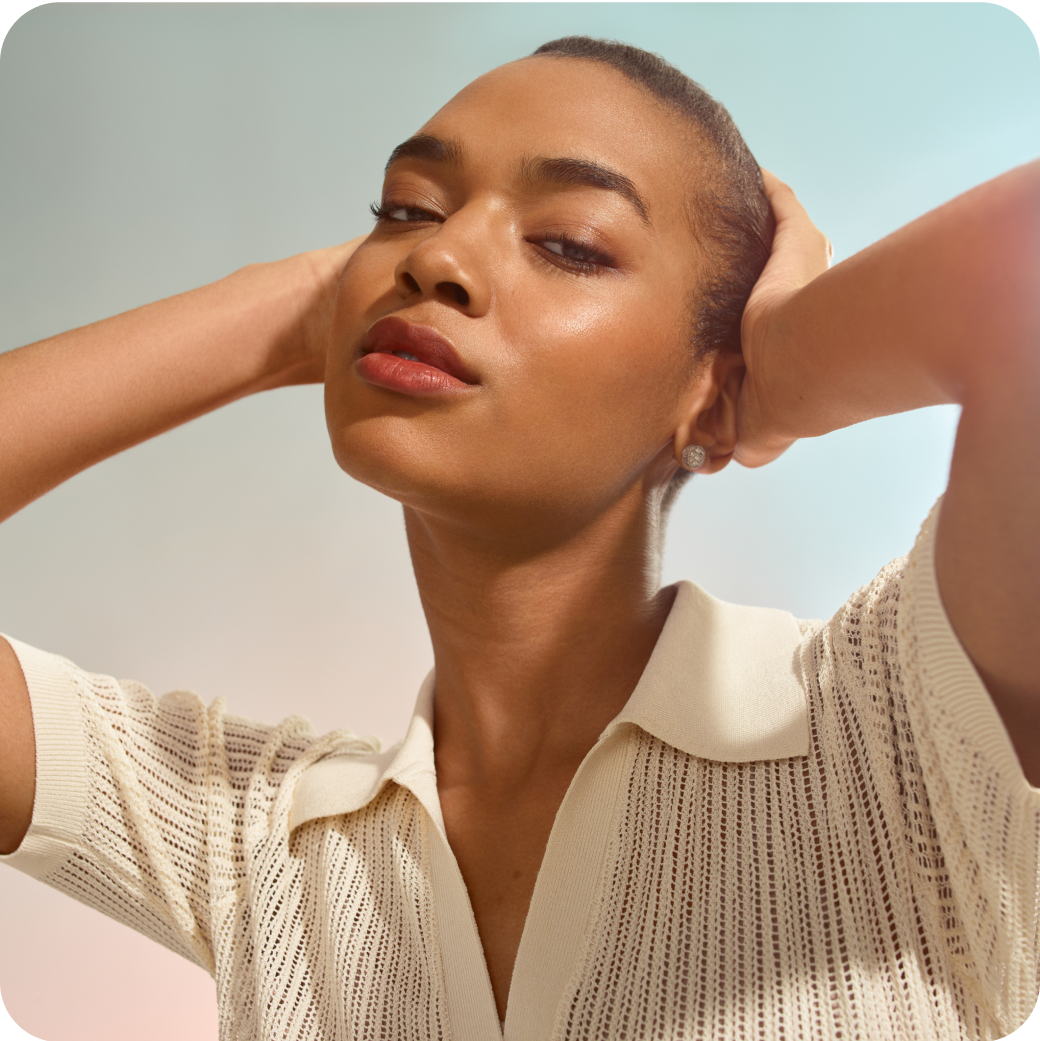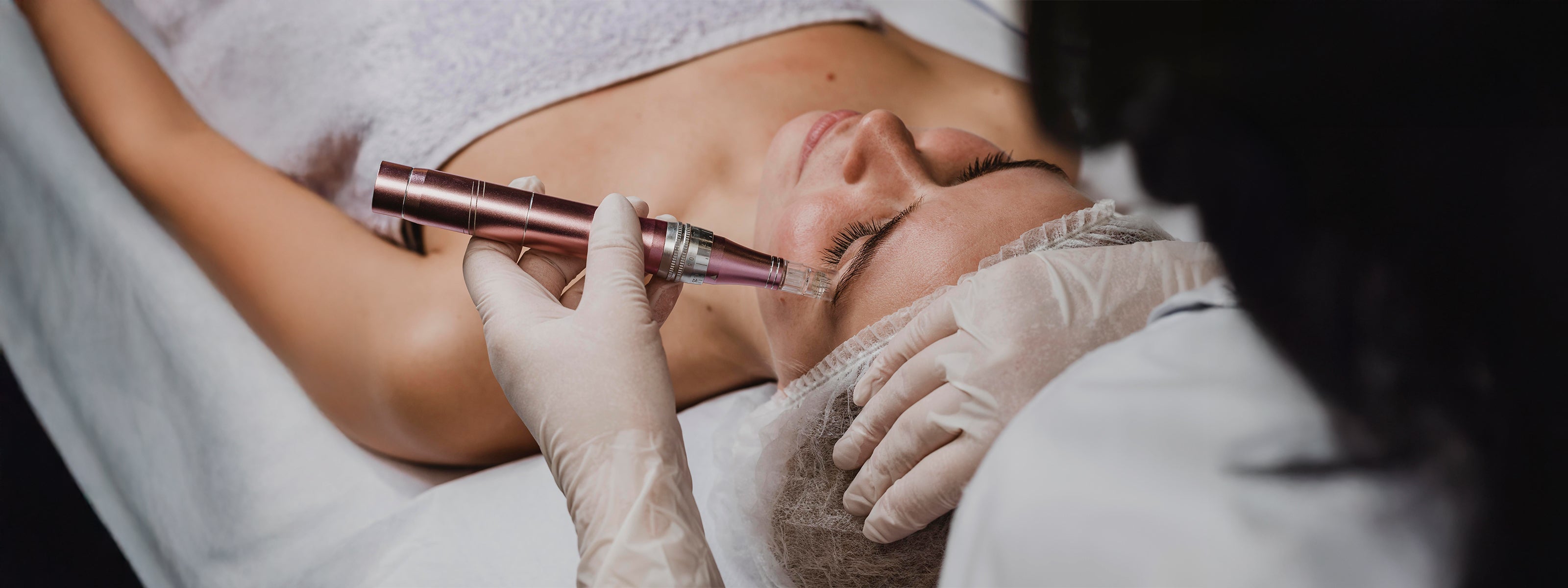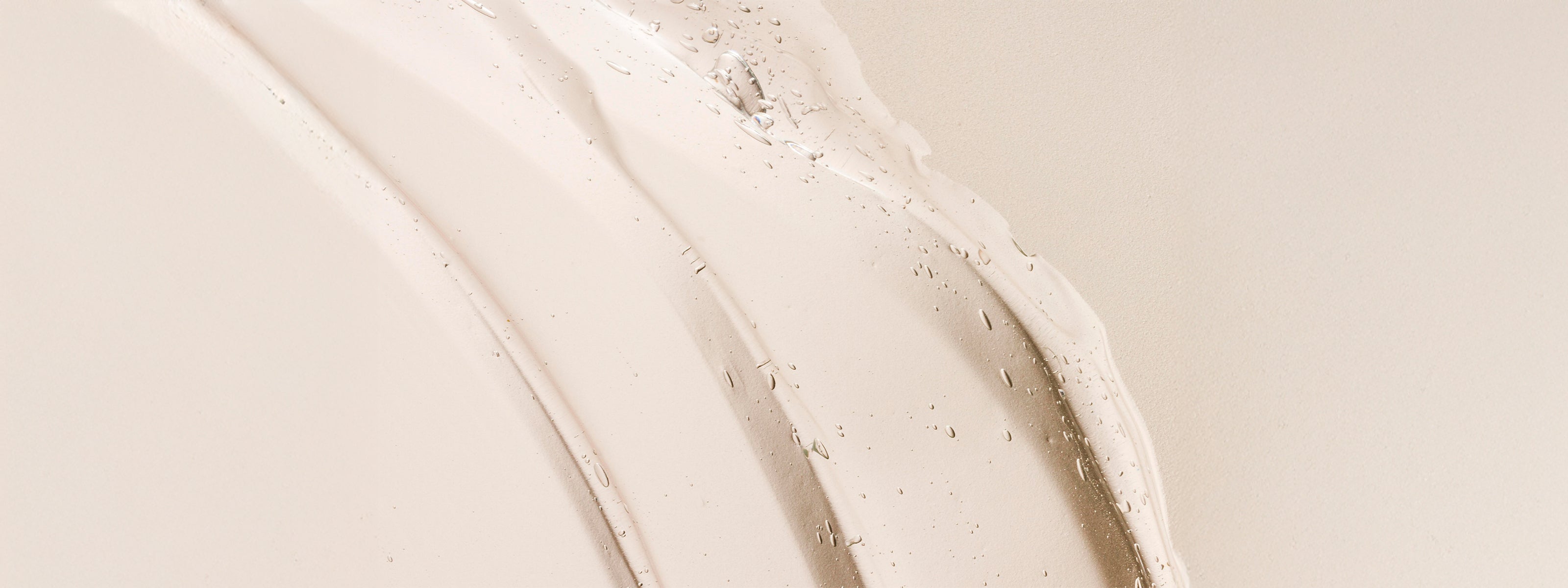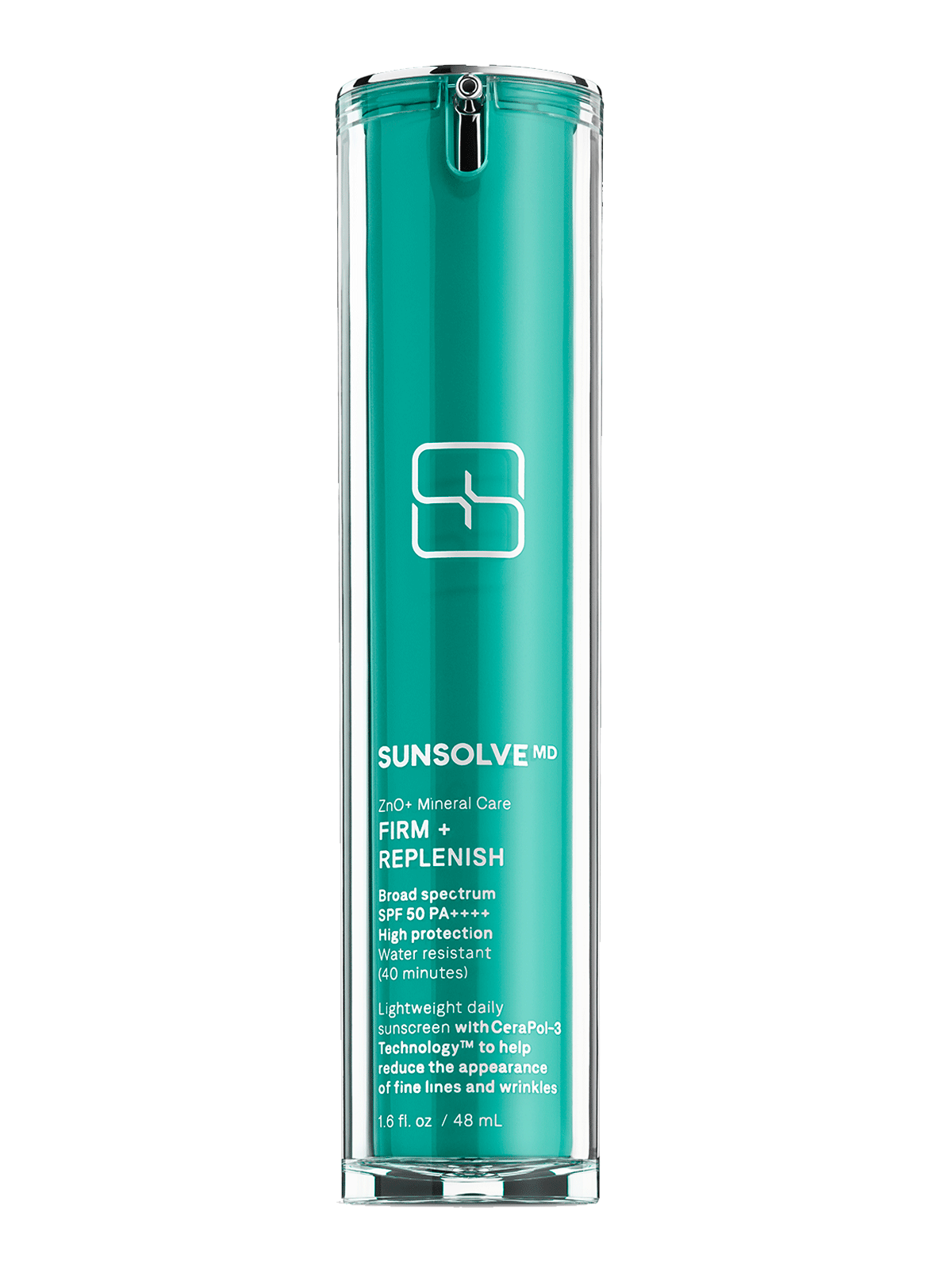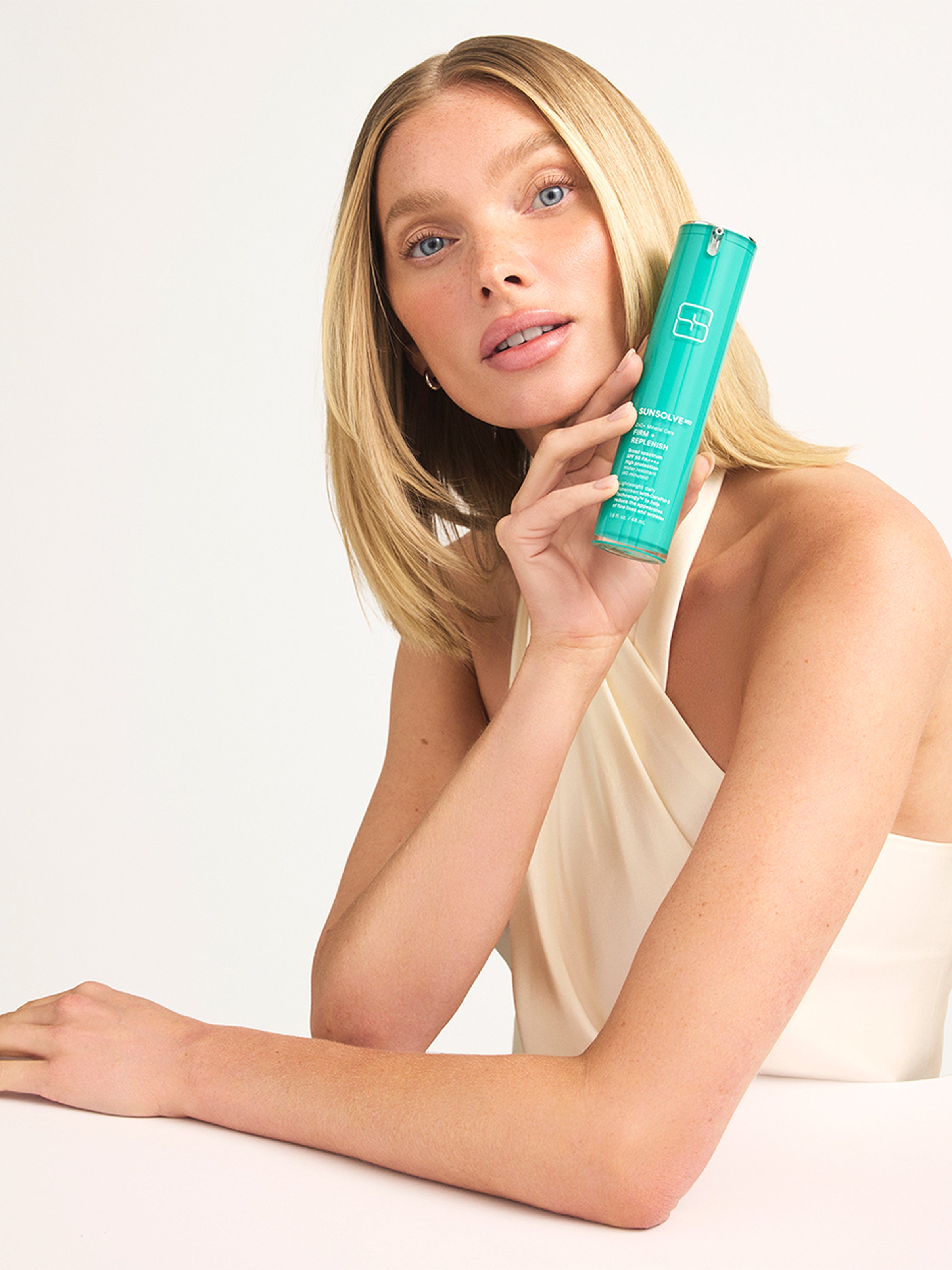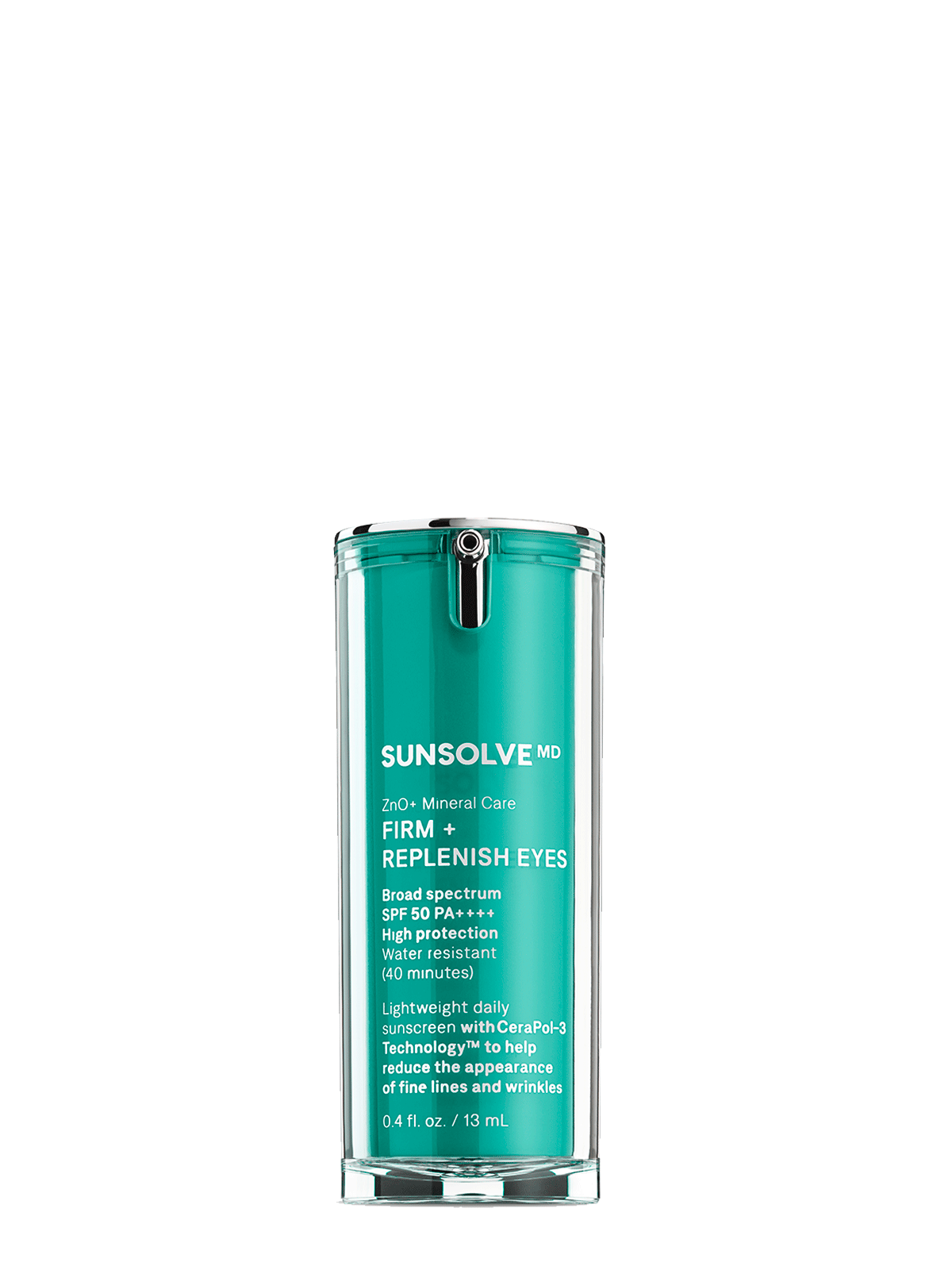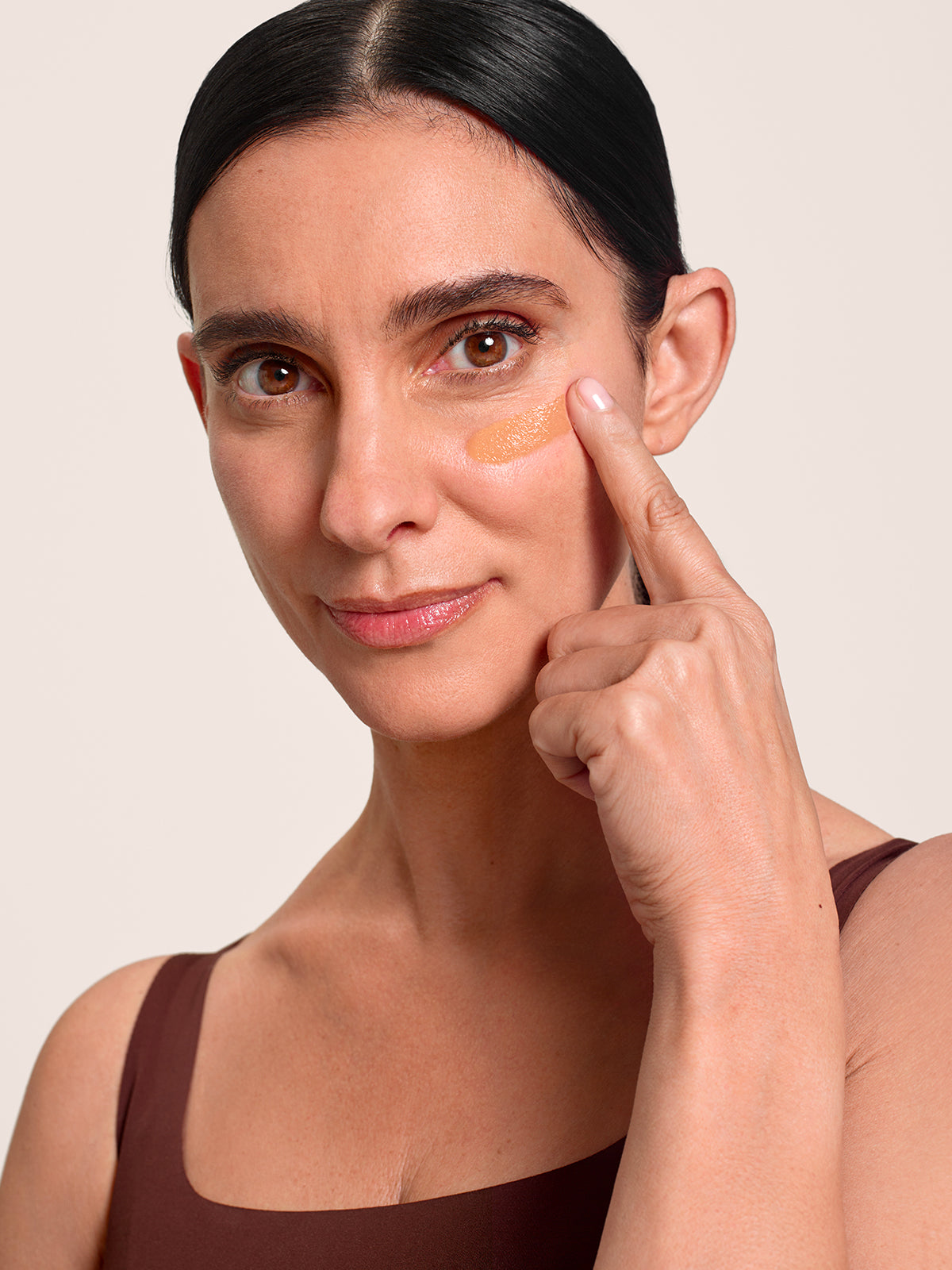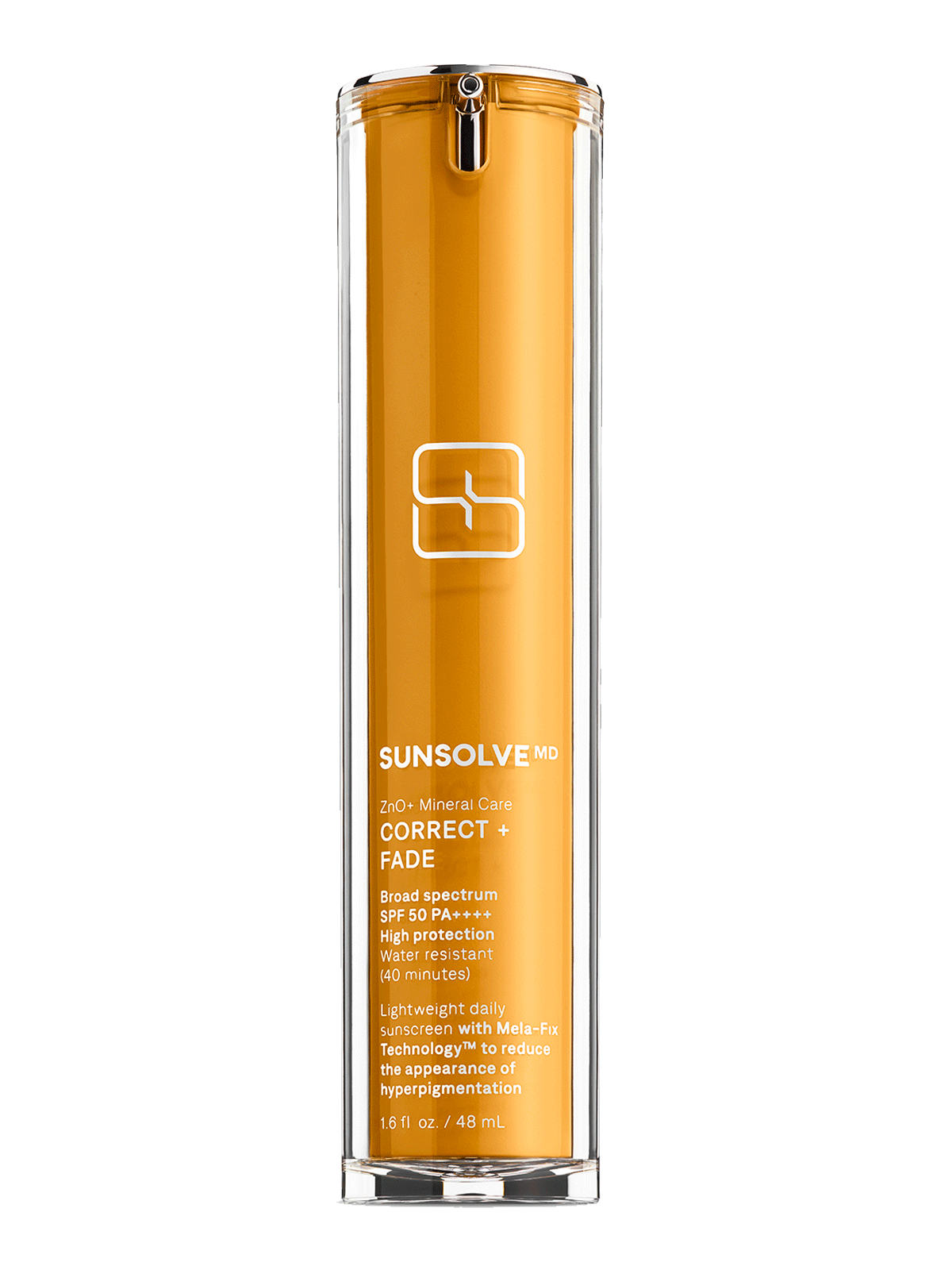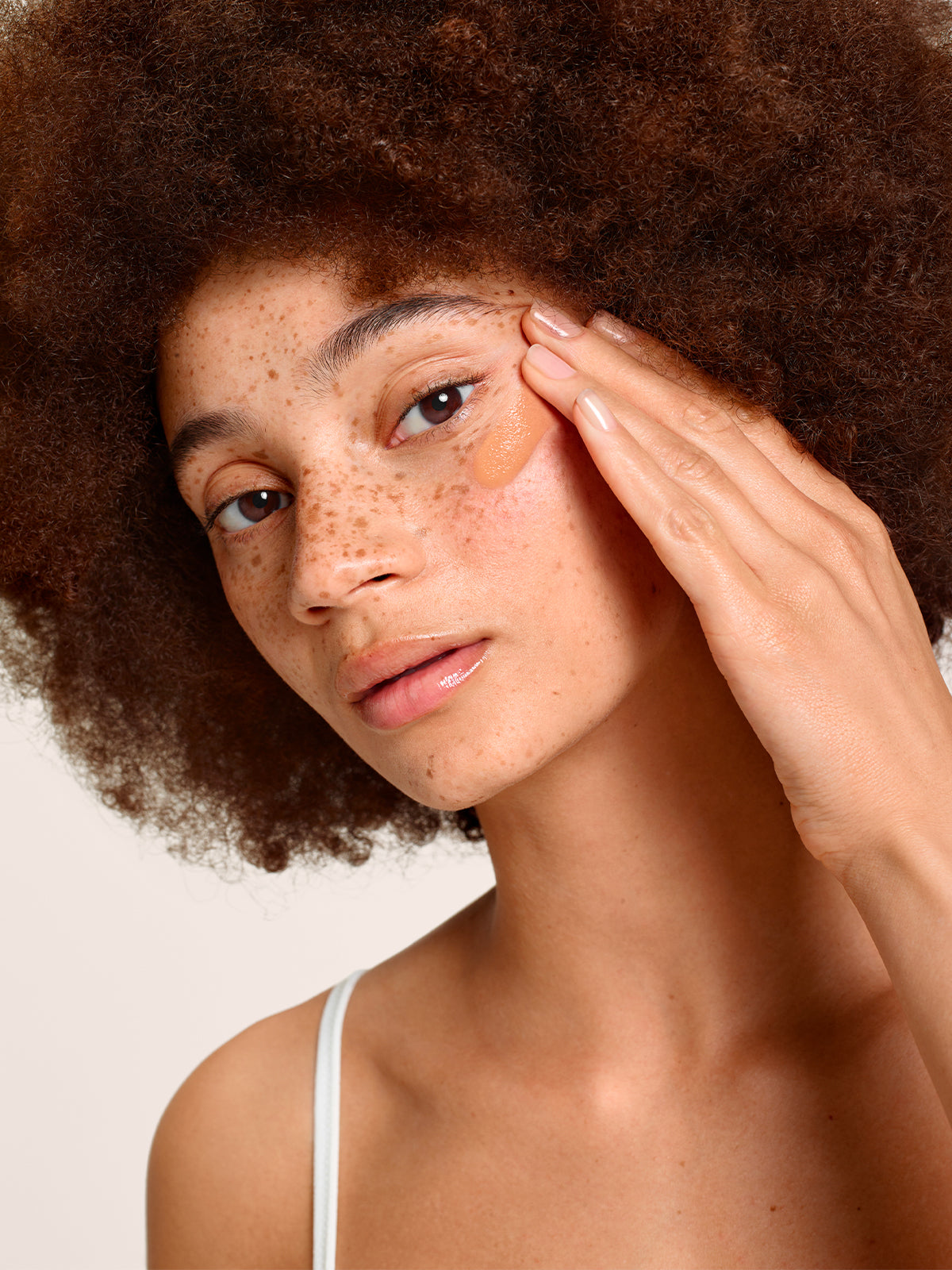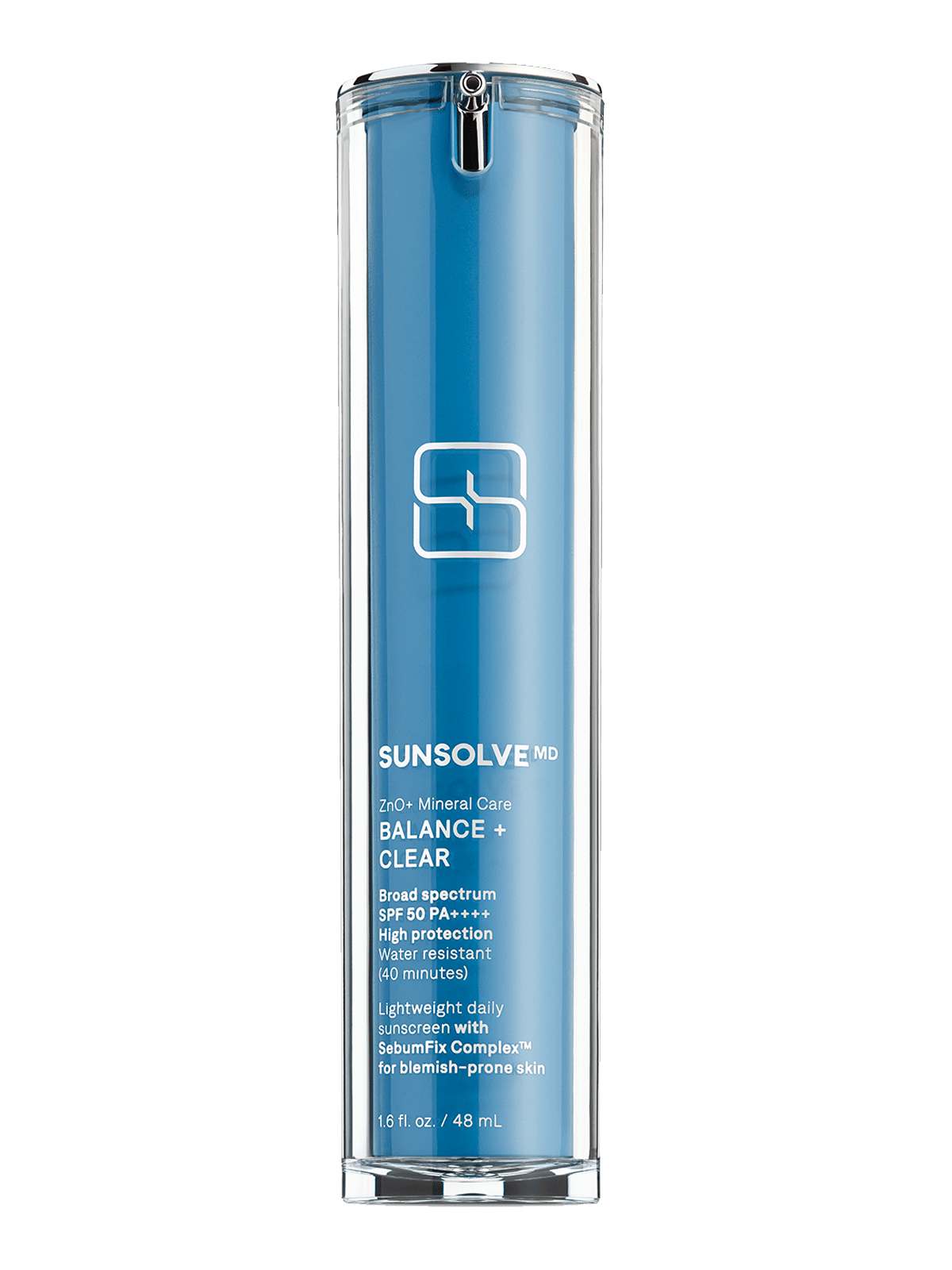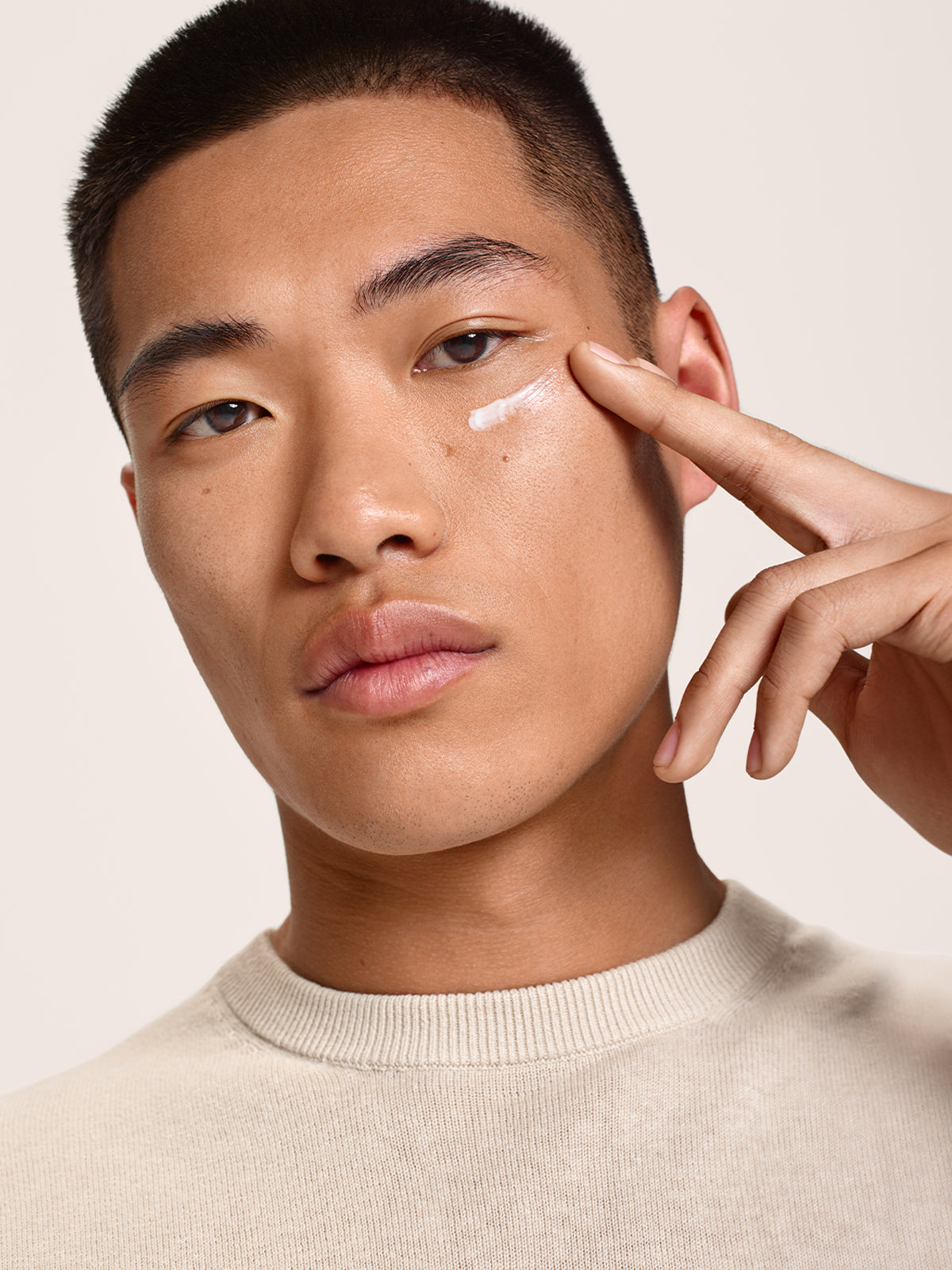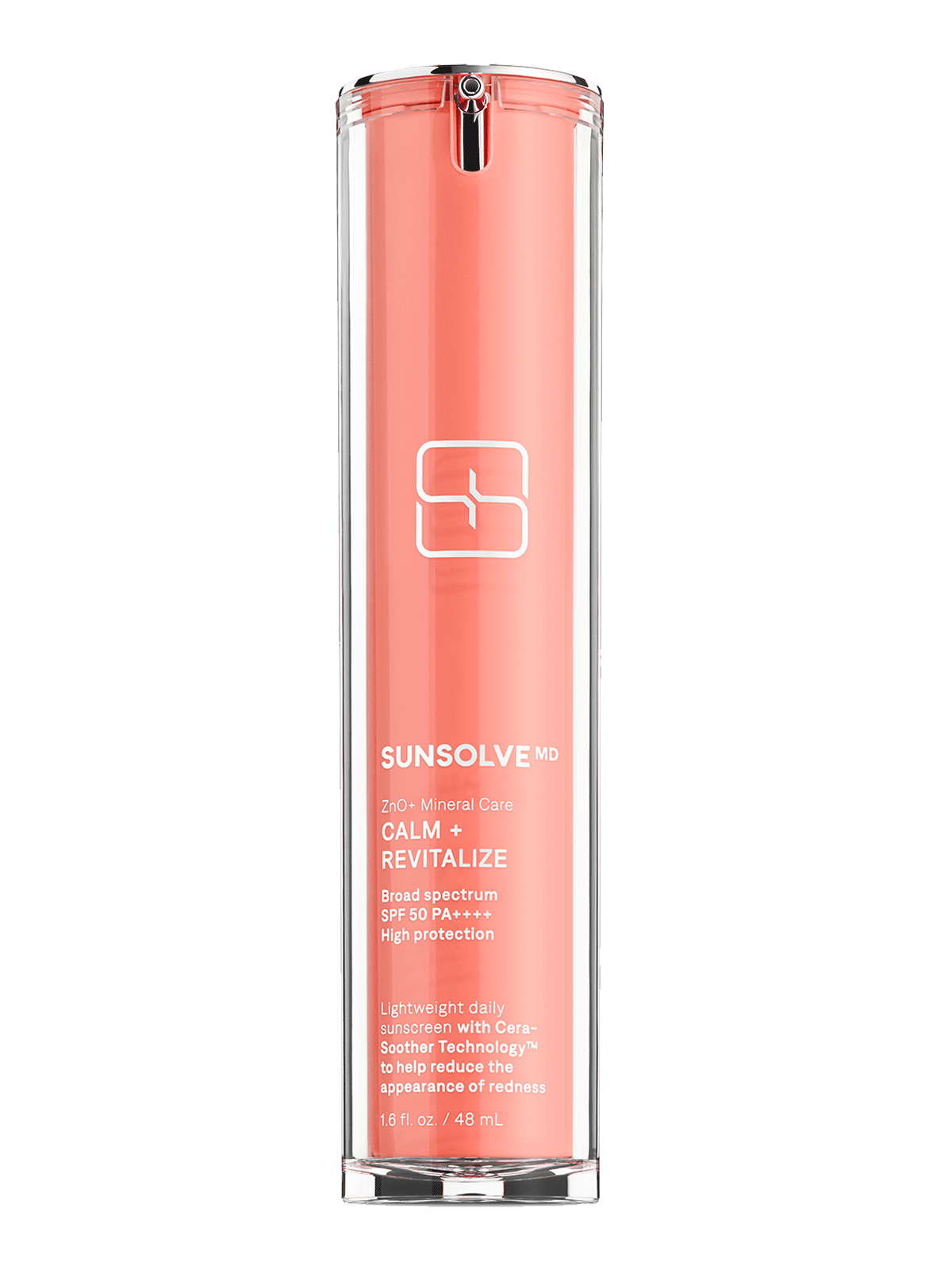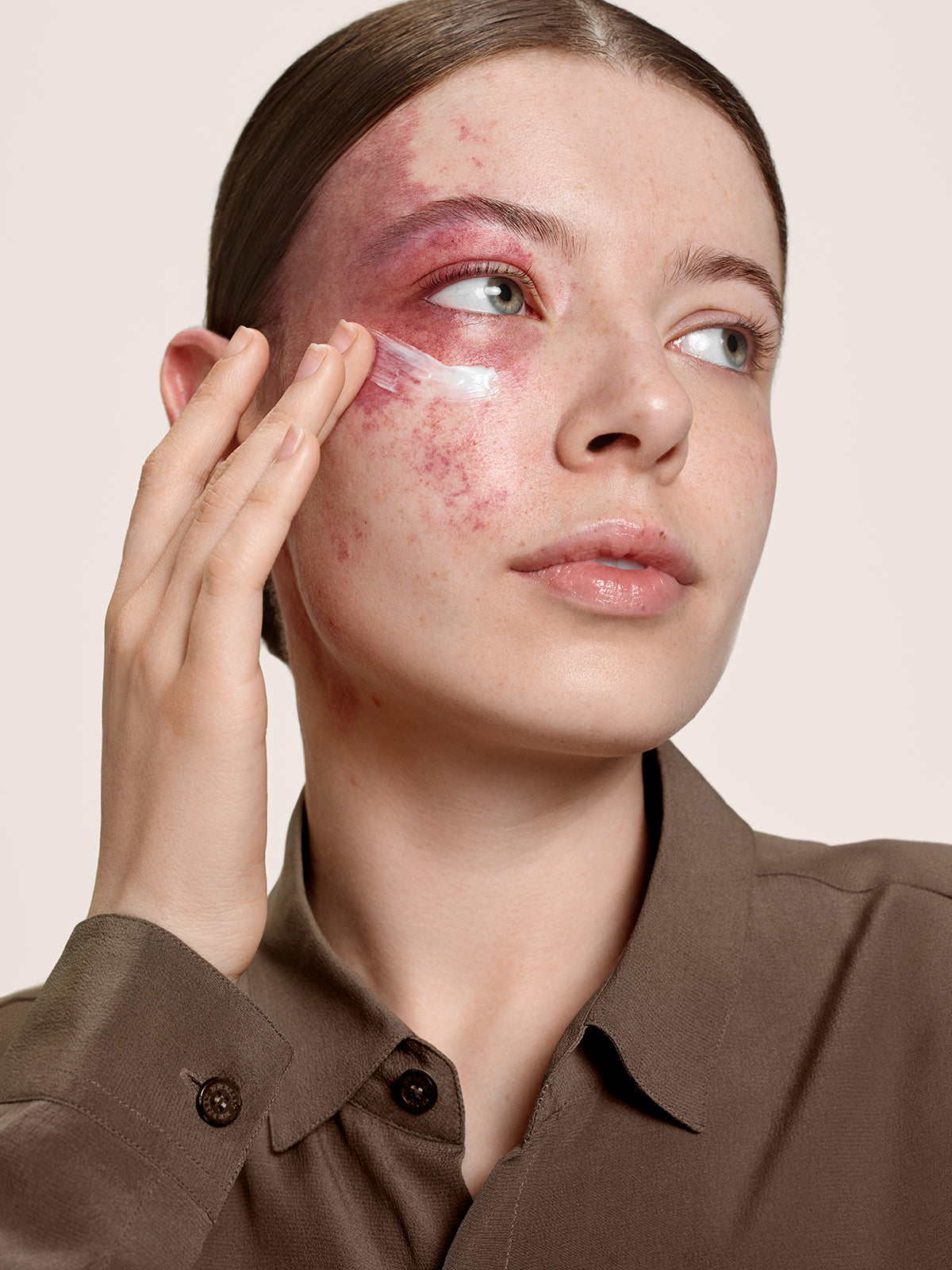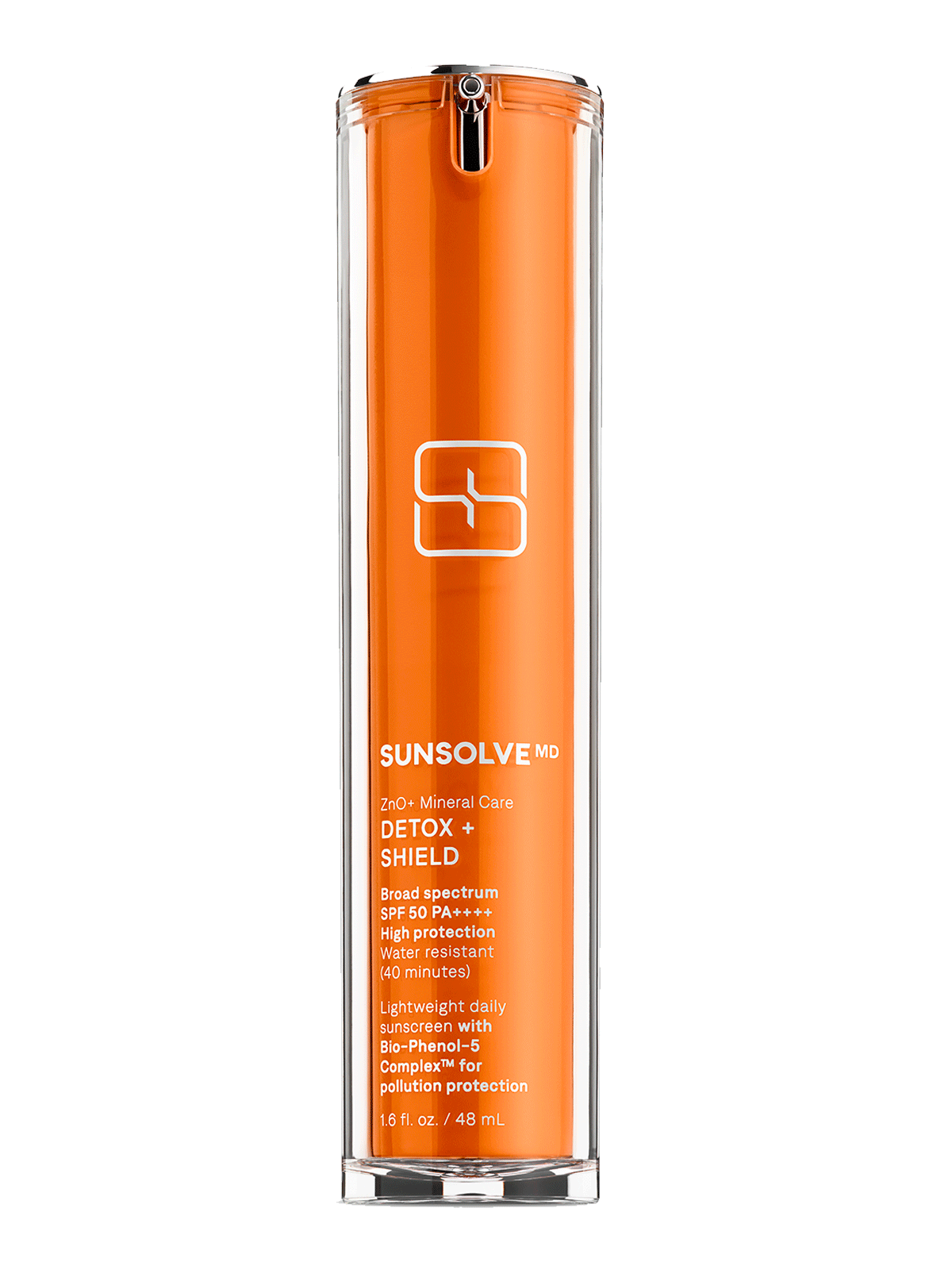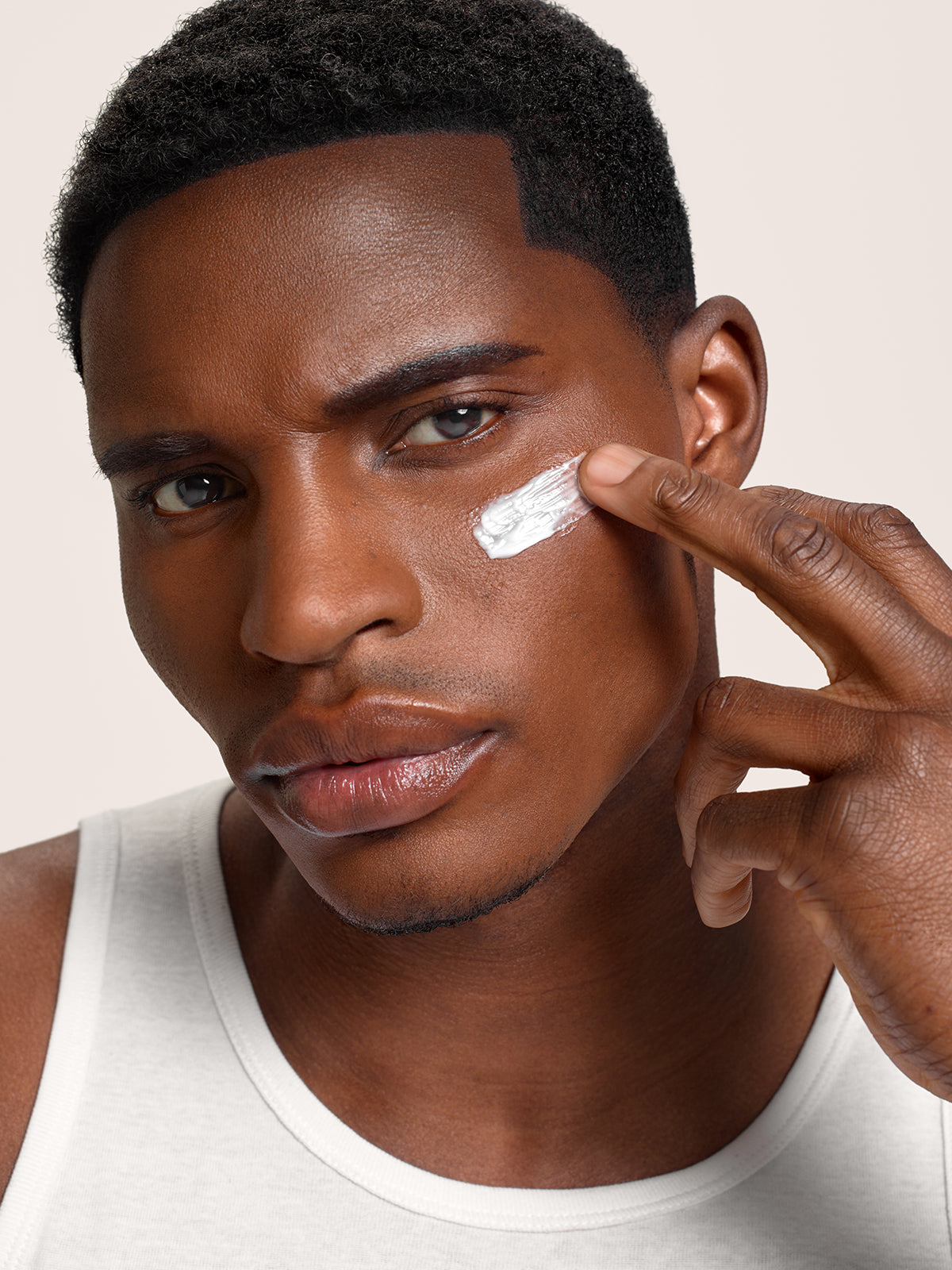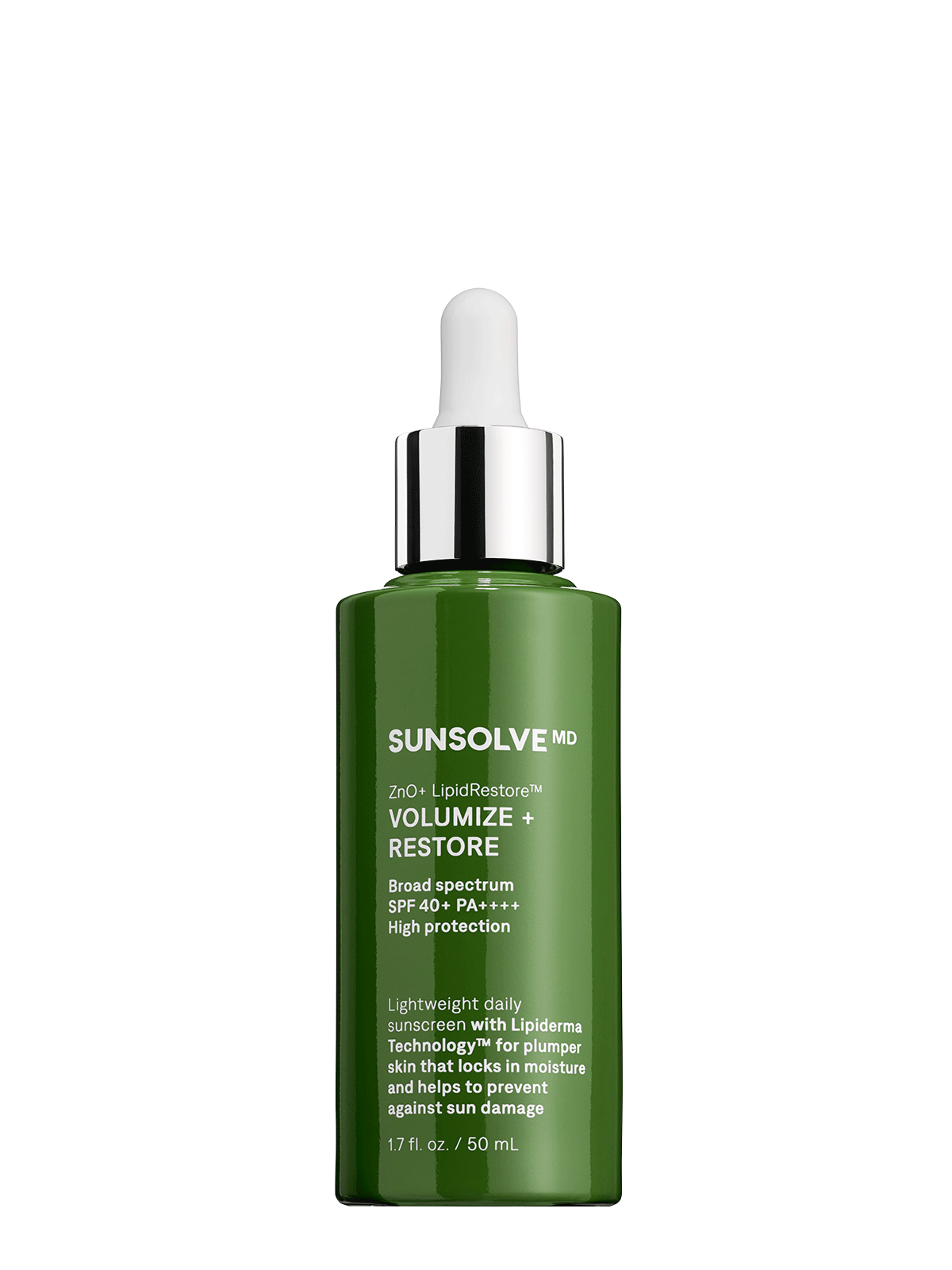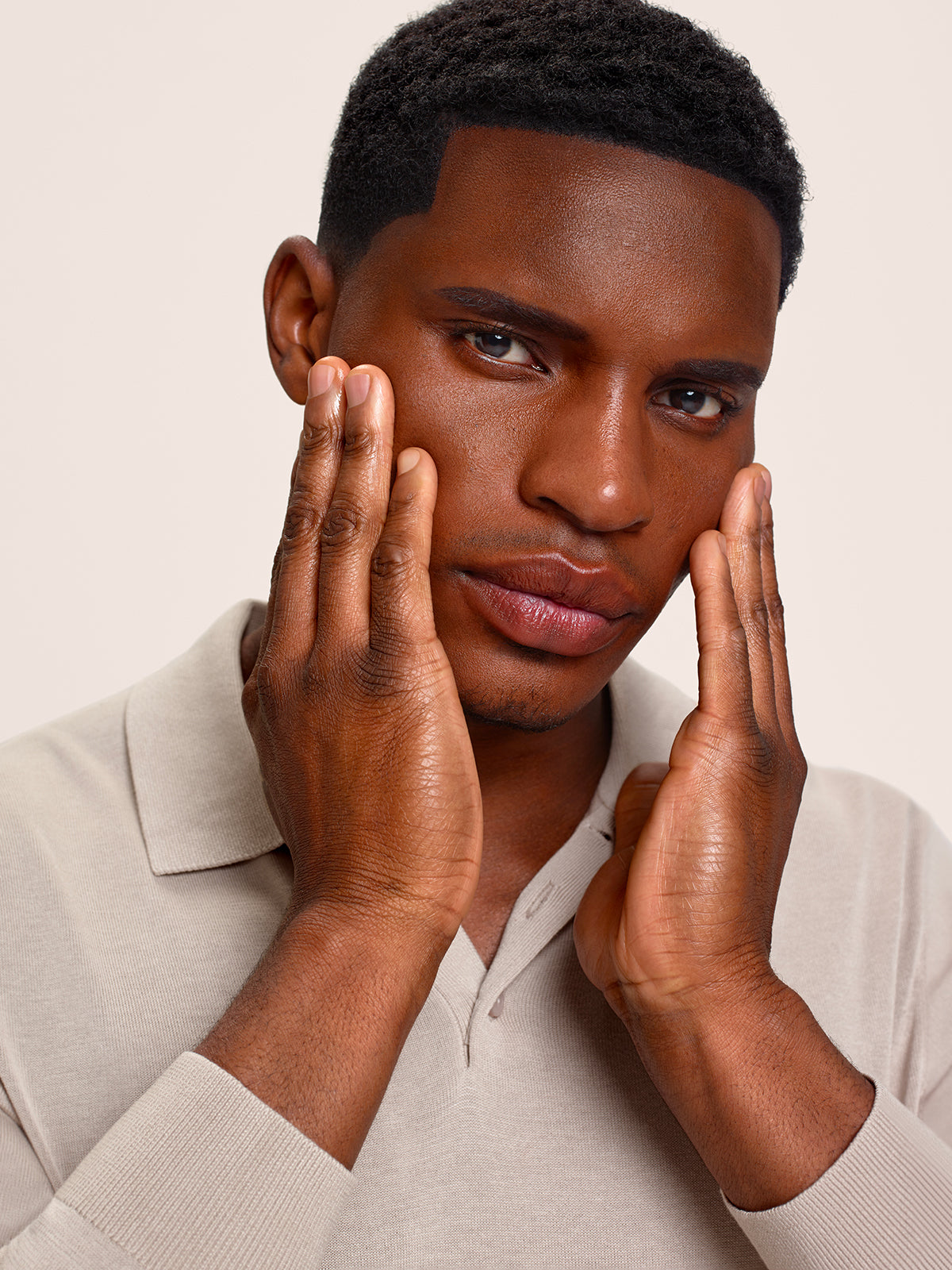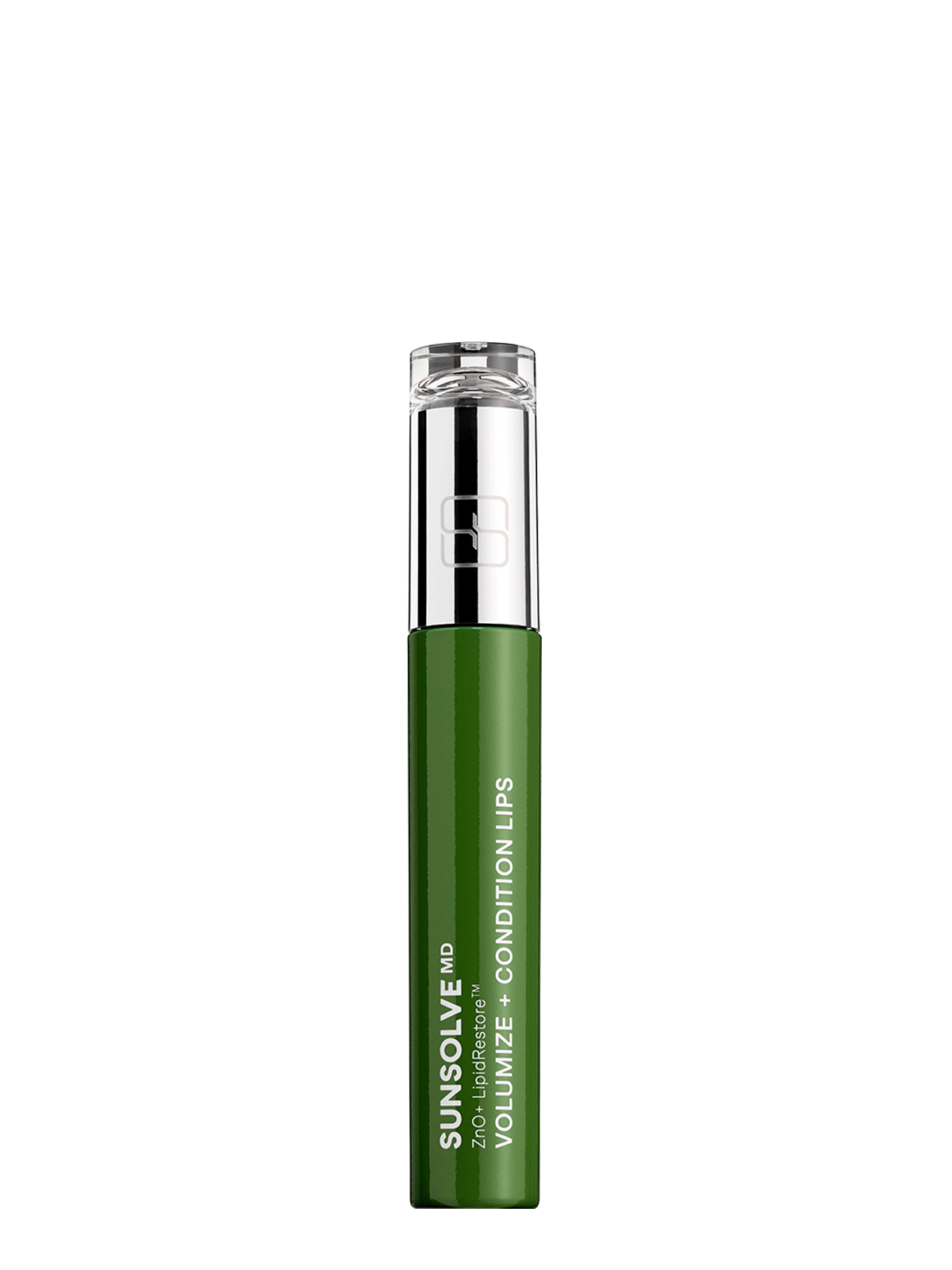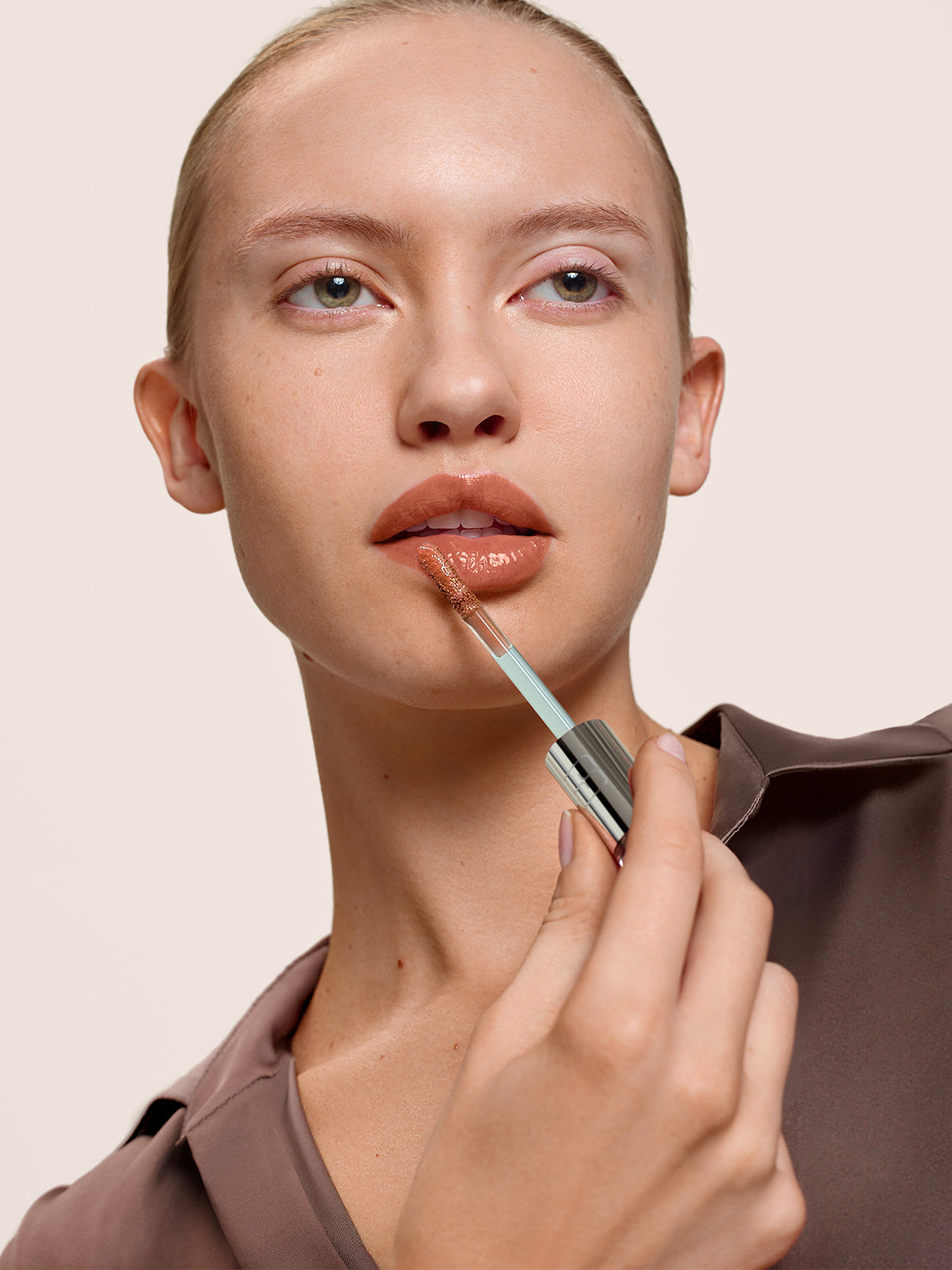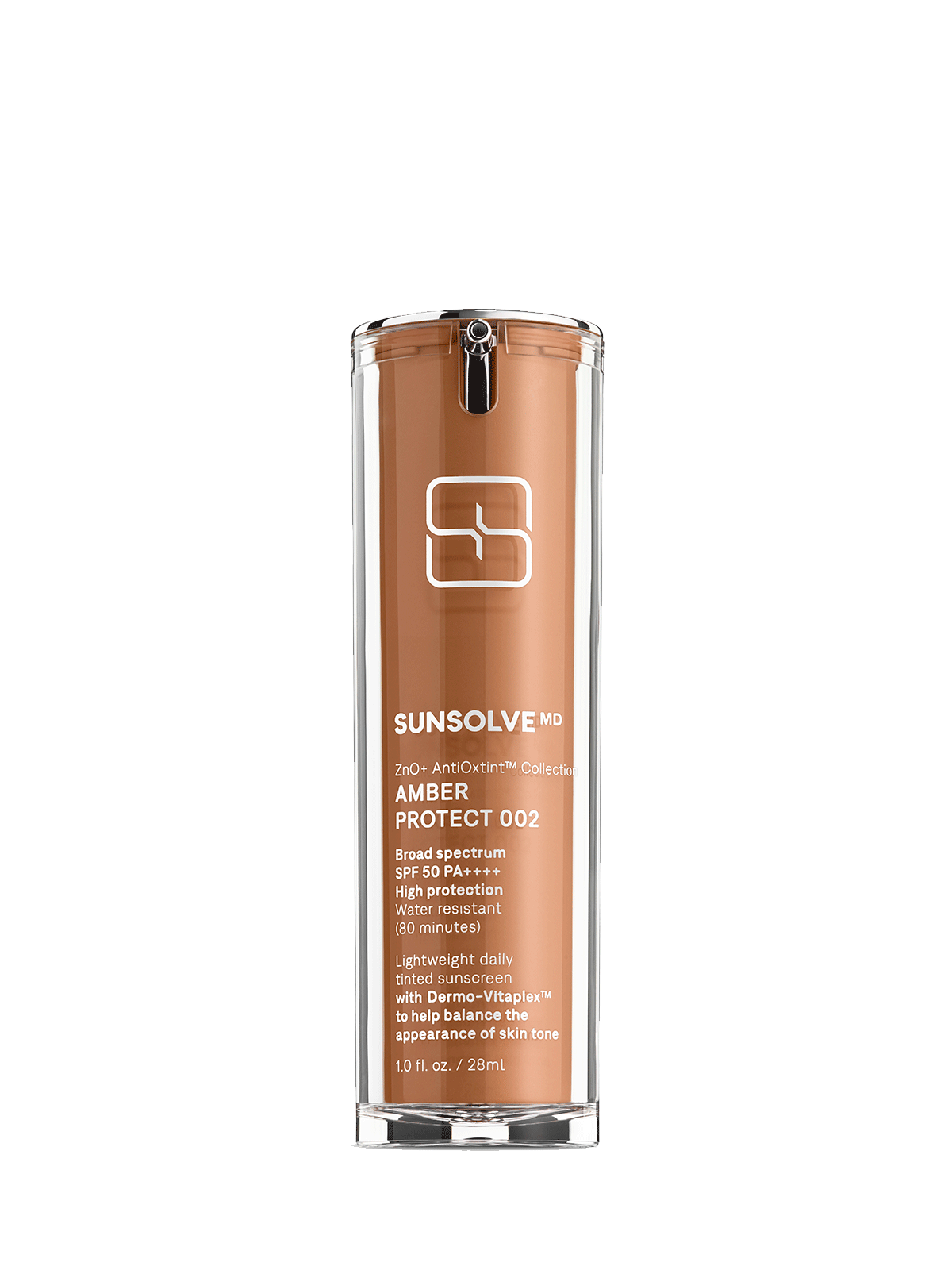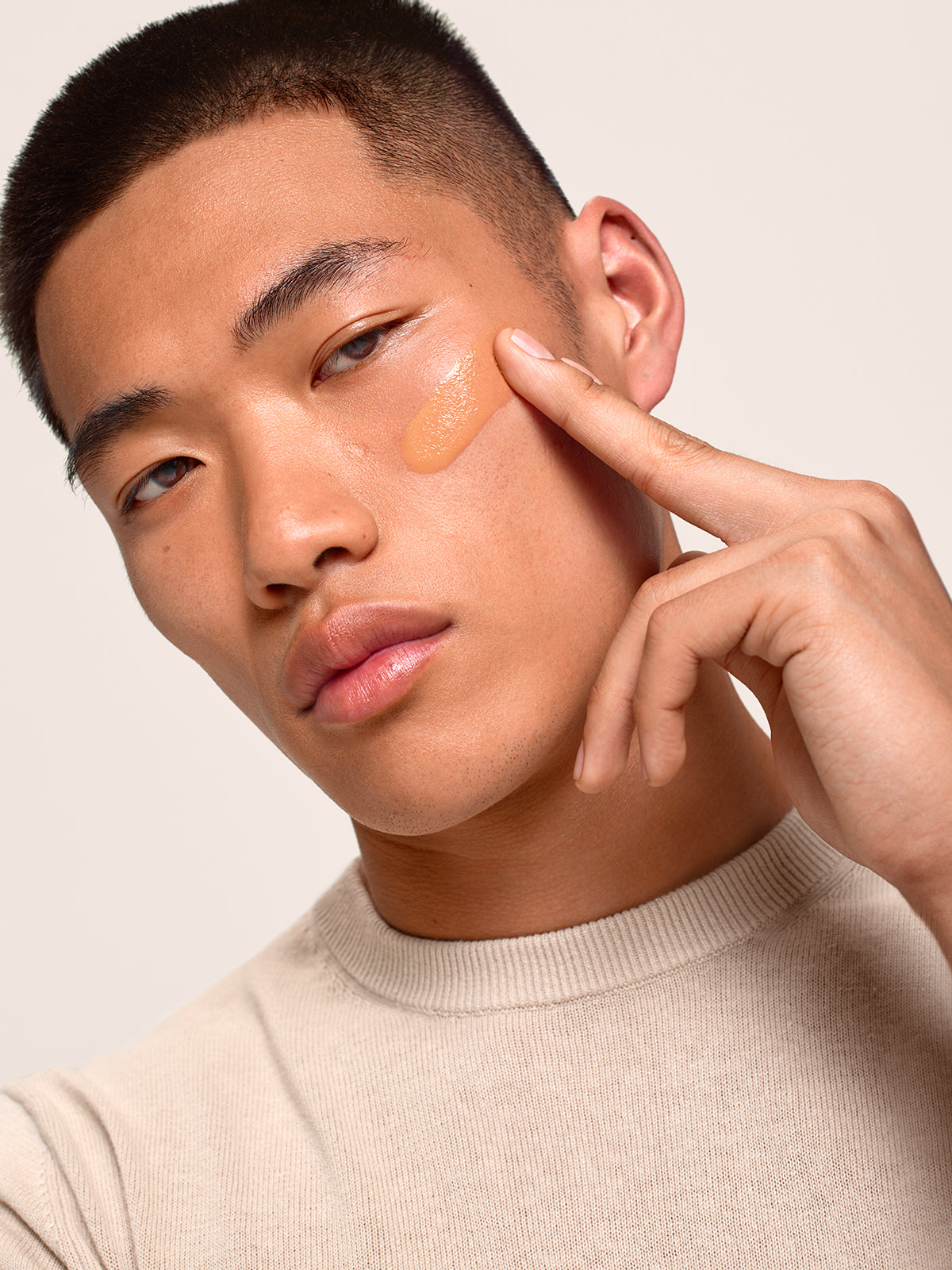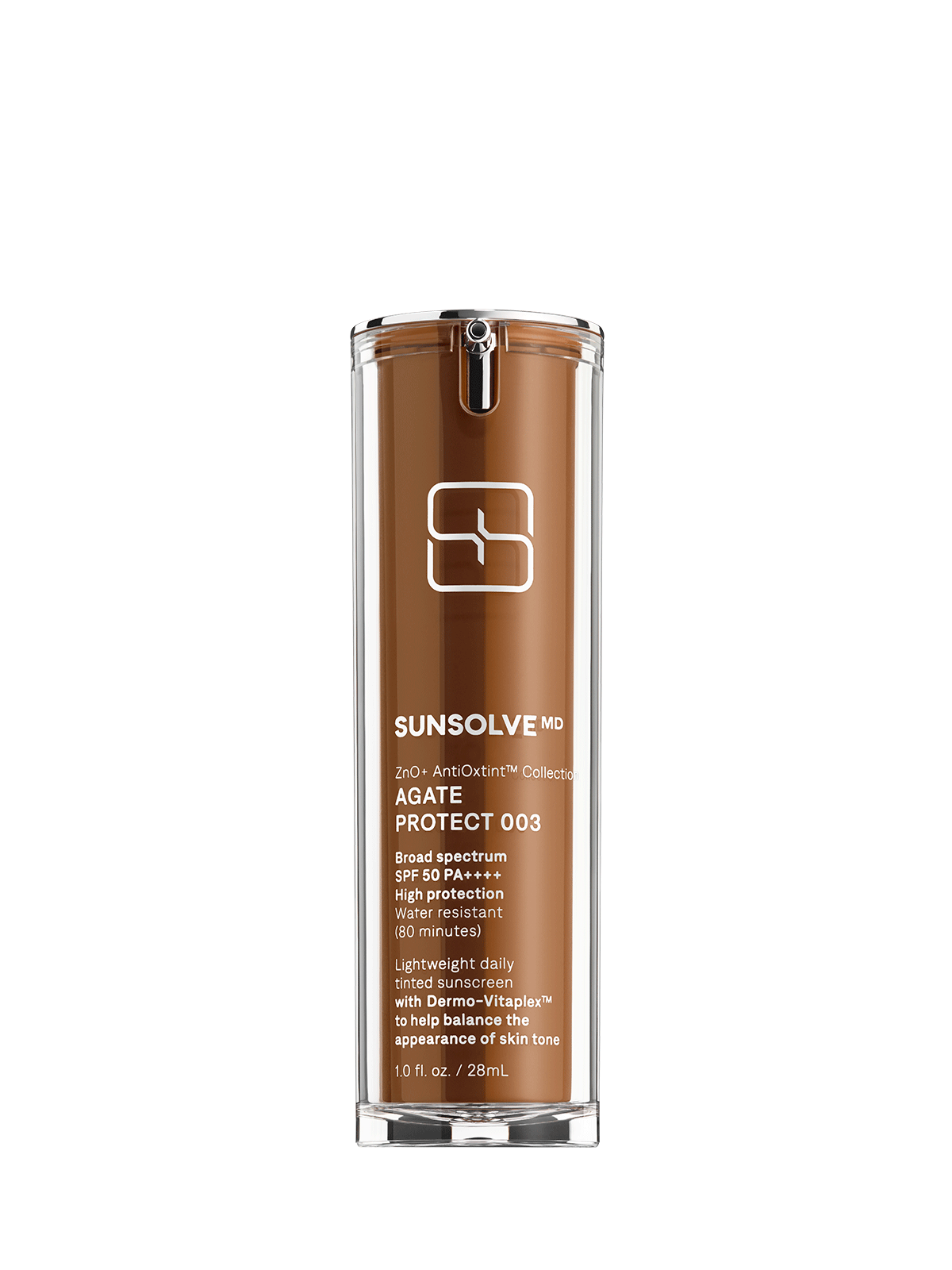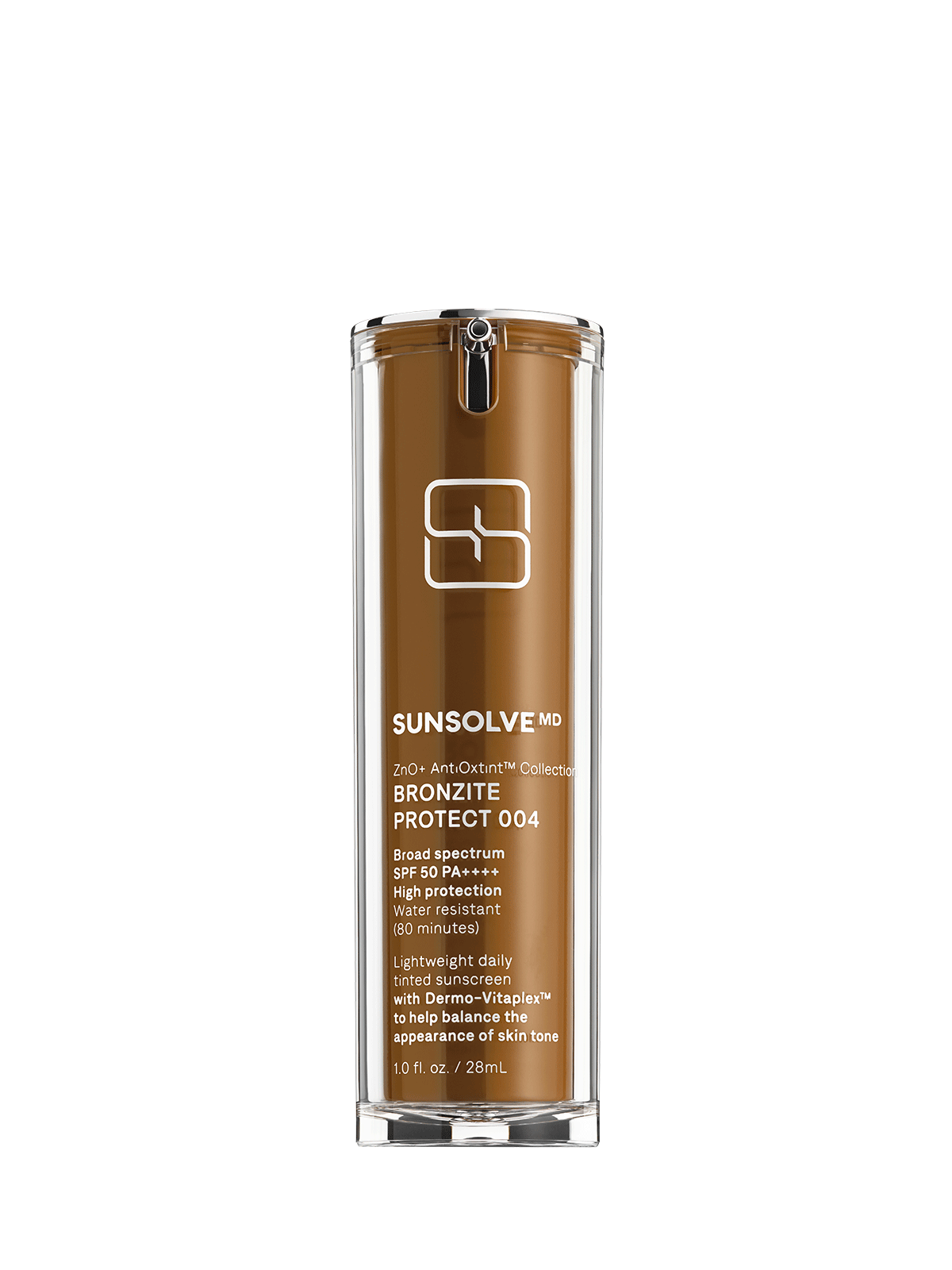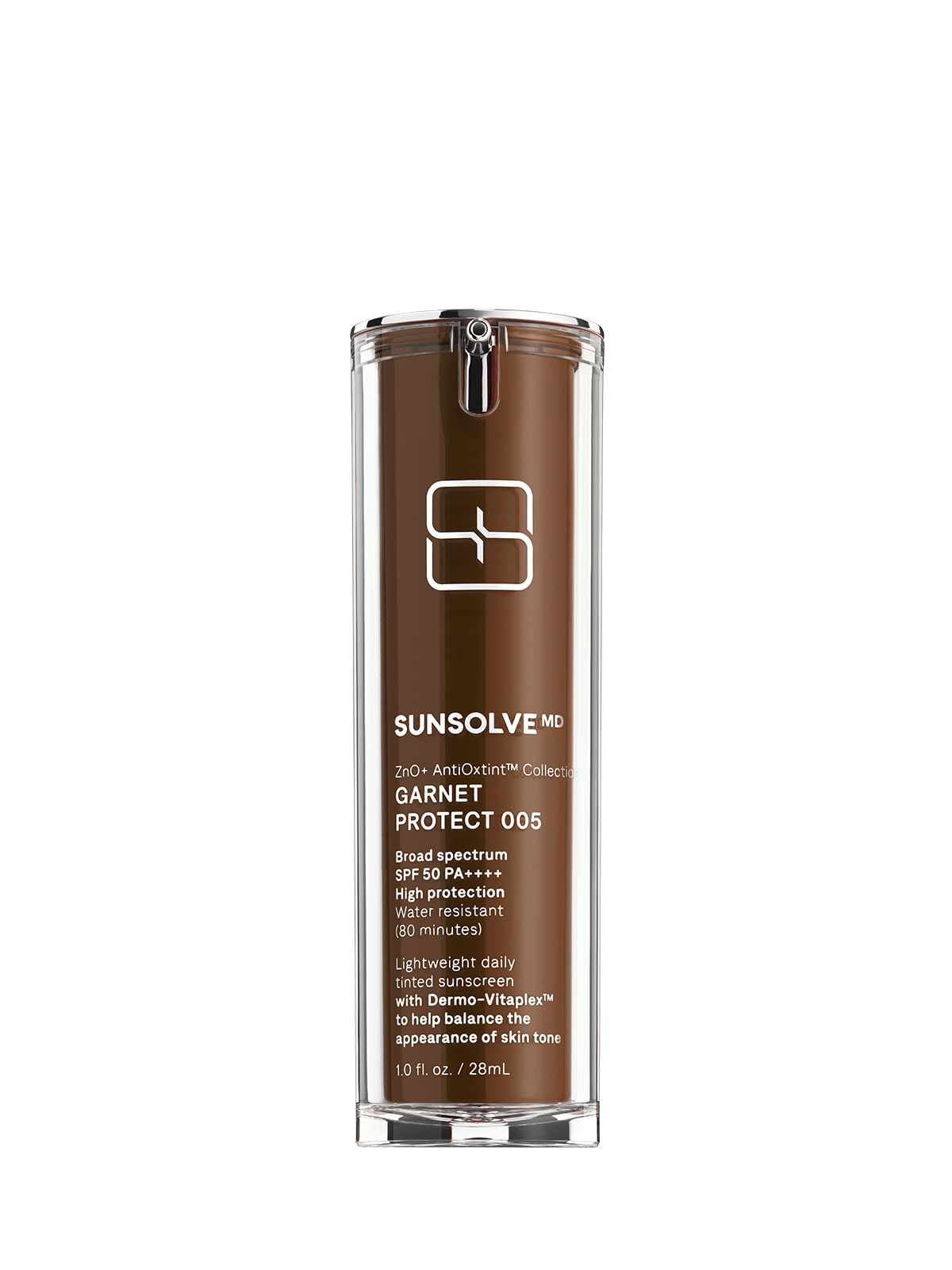
Skincare In Your 30s: The Best Routine For Healthier Skin
Why You Should Pay Attention to Skin Care Routine in Your 30s
By the time you hit your 30s, it is time to take your skin seriously. In fact, finding the right skincare routine can help you set on a path to managing the first signs of environmental and genetic aging. The good news is that there is a skincare routine for every skin type, tone, and concern. Read ahead for our guide on ingredients, steps, and habits to integrate into your daily habits.
Daily sun protection
Skipping sun protection in your 30s can lead to premature skin aging but first let’s cover the basics. The American Dermatology Association (ADA) recommends sunscreen that's labeled “broad-spectrum” to make sure your skin is protected against both UVA and UVB rays. UVA rays are the ones that prematurely age the skin, causing wrinkles and age spots, while UVB rays cause sunburn. It is widely known that overexposure to both can lead to skin cancer, and this is why dermatologists and experts recommend applying sunscreen every two hours.
"Completely indoor activities don't require sunscreen, but many of us discount the sun that we get on a daily basis from just running errands, and all the 'incidental' sun damage adds up," explains Elizabeth Tanzi, MD, a board-certified dermatologist and associate clinical professor at George Washington University Medical Center. "That's why we recommend daily sunscreen application, so you are always protected and don't have to think about it,” she adds.
There are wide-ranging sunscreens on the market today, and ingredient innovations mean you can easily find an oil-free and lightweight sunscreen that absorbs fast. Look for mineral sunscreens that are made with zinc oxide and/or titanium dioxide, which are both natural minerals. These minerals create a physical, rather than chemical, barrier between the sun and the skin. The mineral actives reflect the sun's rays and prevent them from penetrating and damaging the skin. Mineral sunscreens also contain antioxidants and anti-inflammatory properties, which can help soothe and protect the skin from further damage. In addition to being gentle on the skin, mineral sunscreens are well-suited for those with sensitive skindue to the fact that they are non-comedogenic. This means that they won’t clog the pores and cause further irritation to the skin.
Use a gentle cleanser
As you get older, it becomes even more crucial to choose a cleanser that targets your changing skin needs. There are a number of products that do their job while keeping the skin hydrated and nourished. In your 30s, you may notice gradual changes on your skin as it deals with fine lines, uneven pigment, volume loss, and maybe some acne that was never there before. You can't go wrong with choosing a gentle cleanser that pairs well with any skin type.
Look for products labeled as "mild," "soothing," or "for sensitive skin."
Be aware if you spot ingredients like sulfates and fragrances, as they can strip the skin of its natural oils and cause irritation. Instead, consider hydrating ingredients such as hyaluronic acid, glycerin, and ceramides, which help attract and retain moisture, keeping your skin hydrated and plump.
Moisturize
As you age, your skin produces fewer natural oils that keep it hydrated. In this period, your skin may show the first signs of photoaging caused by sun exposure. The Yale Medicine Journal reveals that because photodamage “happens in the deepest layers of the skin—the dermis—it can take years before the damage surfaces and becomes visible.”
This makes moisturizing in the morning and at night an essential part of the skin-care routine for your 30s. So is there an ideal youth replenishing moisturizer? Dermatologists and skin experts recommend choosing one that is tailored to your particular skin type.
“If you have super dry skin, a heavier formula is ideal. If you are prone to breakouts, you may need something that’s oil-free. If you’ve noticed your skin has gotten drier with age, consider a moisturizer with glycerin, hyaluronic acid, or ceramides—all of which pack a lot of hydration,” explains Mona Gohara, MD, associate clinical professor of dermatology at the Yale School of Medicine.
Eye care
While many invest in facial moisturizers and serums, taking care of the delicate area around your eyes often gets overlooked. Look to avoid this mistake, as signs of aging, like fine lines and wrinkles, start popping up in this area first. Invest in an eye cream or serum designed to target common concerns like dark circles, puffiness, and sunken eyes.
Retinol
When applied religiously, retinol boasts some of the most effective and well-studied properties for targeting changes associated with mature skin. Retinol benefits include regulating the turnover of skin cells, improving texture, and encouraging the production of collagen.
Brightening vitamin C
Another buzzy skincare ingredient that's actually well-proven and tested, vitamin C is known for its brightening properties. Even if you regularly cleanse, your skin accumulates dirt from daily stressors over time, and vitamin C can do an excellent job of removing impurities and imperfections, including fine lines and wrinkles. Despite its efficacy, it is important to find the right formulation, one that delivers the maximum amount of this ingredient to the skin. “Vitamin C is an antioxidant that neutralizes free oxygen radicals, which form as a result of the body’s metabolism and UV exposure,” explains Brendan Camp, MD, a board-certified dermatologist at MDCS Dermatology in New York.
So do retinol and vitamin C pair well together? Which ingredient is the right one for your skin? The fact: neither ingredient is “better” than the other. While both are tried-and-true proven ingredients when it comes to keeping your skin youthful and glowy, there are key differences. Vitamin C is known for brightening skin tone and improving collagen production, while retinol is considered best-in-class for fine lines and wrinkles.
And if you want to give your skin a full punch, you can certainly combine both into your skincare routine. Start by applying your vitamin C serum in the morning and retinol before bed. Remember always to apply broad-spectrum SPF 30 or higher to help maintain the efficacy of your retinoids and protect your skin from the sun.
REFERENCES
Photoaging (sun damage) Yale Medicine overview
What’s the difference between photoaging and chronological skin aging?
12 Skin-Care Rules You Should Know by the Time You’re 30
Retinol vs vitamin C: benefits, differences, and how to use each in your skincare routine

